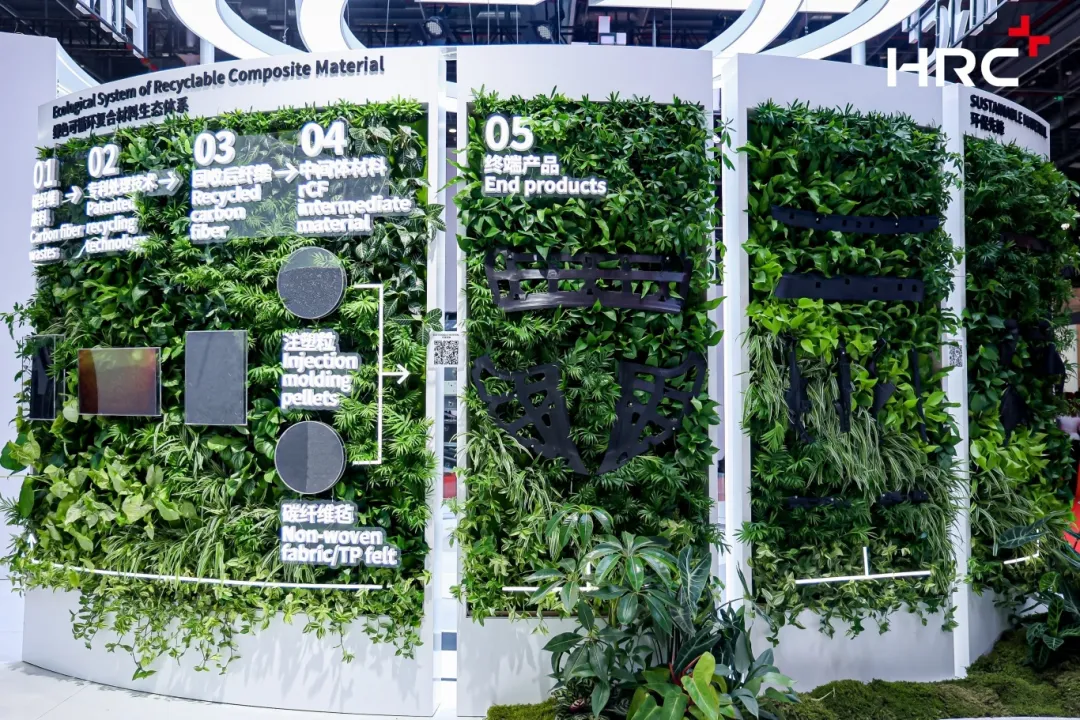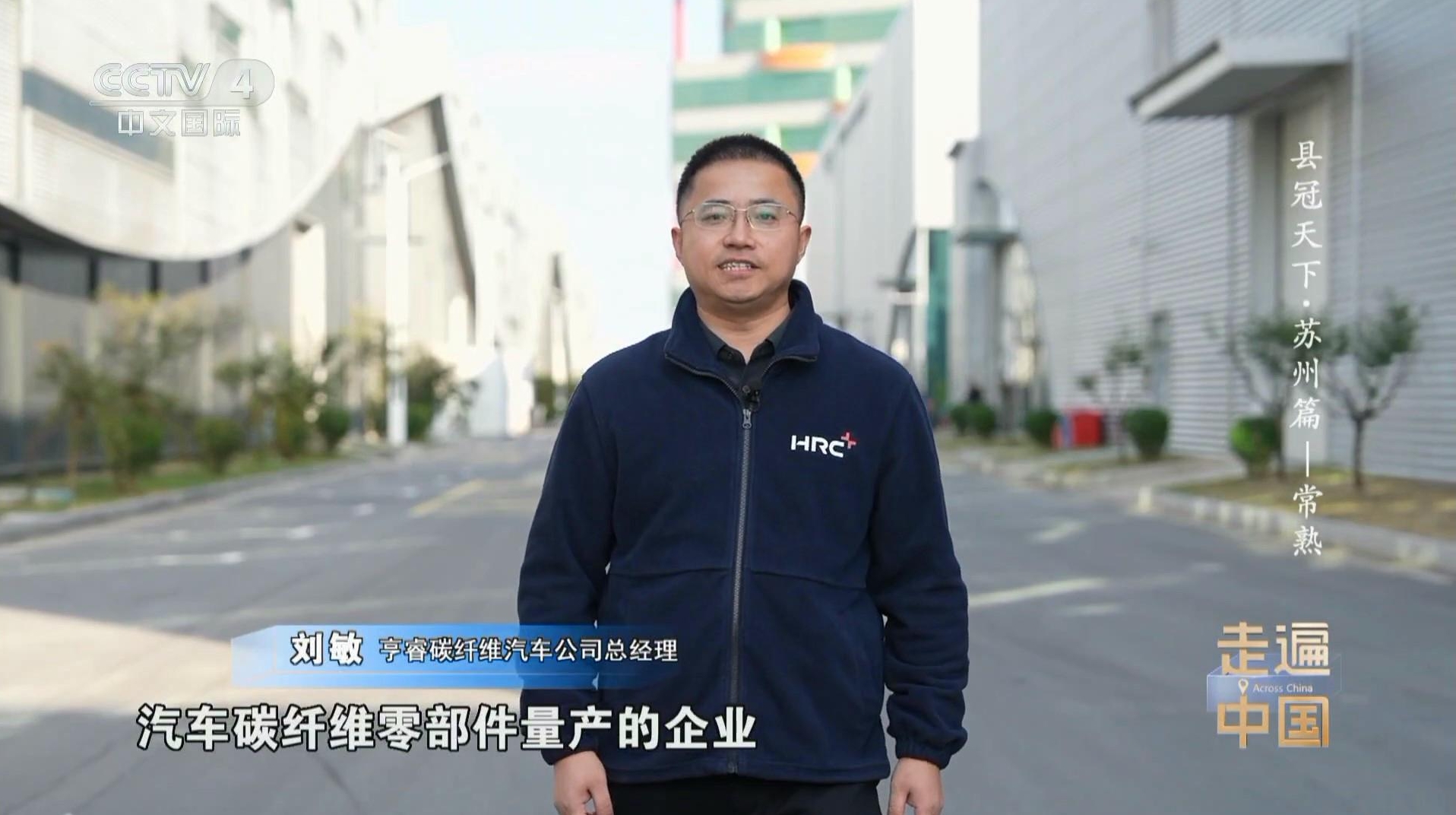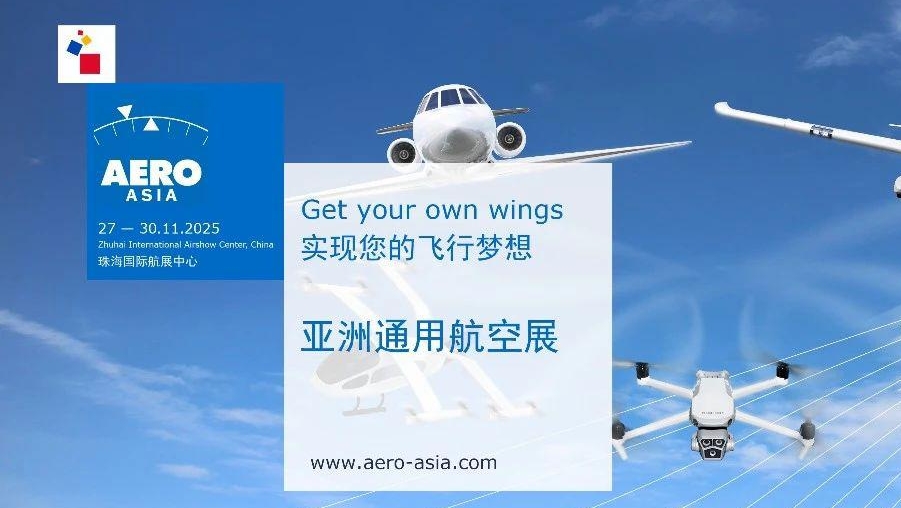HRC Named to Yicai’s “Third China Corporate Carbon Neutrality Performance List,” Driving a Net‑Zero Future with Green Innovation
On June 6, the award ceremony for the Third China Corporate Carbon Neutrality Performance List, hosted by Yicai and jointly initiated by the Shanghai Jiao Tong University Institute for Carbon Neutrality and the Shanghai Environment and Energy Exchange, was held in Shanghai. With the theme “Those Who Innovate Win; Those Who Act Achieve,” this year’s evaluation was built on six indicators—environmental responsibility, action‑plan design, technology investment, green finance, social influence, and green supply chain. The program aims to highlight the role of new productive forces in advancing carbon neutrality and to provide companies with a strategic compass for their net‑zero transition.

Based on its pioneering vision and cutting-edge technologies in the carbon-neutrality field, HRC—a global leading composite solution provider—stood out among more than one hundred candidates. Alongside industry bellwethers such as BASF China, Joyson Electronics, Autoliv, and Nippon Paint China, HRC was selected for the list and received the Green Innovation Performance Award. Marketing Director Ms. Wenjin Chen attended the ceremony to accept the award on behalf of the Group.

At the event, the ”Carbon Path 3060” Forum—hosted by Shanghai Jiao Tong University, the Yangtze Delta Carbon Neutrality Alliance of Enterprises, Universities and Research Institutes, and the Shanghai Energy Research Society, and organized by the Research Institute of Carbon Neutrality at Shanghai Jiao Tong University—brought together academicians, renowned experts, and entrepreneurs. Discussions focused on energy transformation under the carbon‑neutrality goals, including systemic reshaping of the energy structure, disruptive breakthroughs in energy technologies, and collaborative mechanisms for global climate governance. Academician Zhen Huang, Founding Dean of the Research Institute of Carbon Neutrality at Shanghai Jiao Tong University, delivered a keynote on “Re‑electrification Under the Carbon‑Neutrality Target—Concepts, Connotations, and Outlook.” Academician Kebin He, Dean of Tsinghua University’s Institute for Carbon Neutrality, and Yi Wang, Vice Chair of the National Climate Change Expert Committee, also gave invited speeches, exploring pathways toward China’s “dual‑carbon” goals of peaking emissions by 2030 and achieving carbon neutrality by 2060.

As sustainable development becomes a global consensus, the new‑materials industry is undergoing a profound shift toward green and low‑carbon transformation, making important contributions to energy restructuring and the growth of the green economy. As a key participant and an active promoter of advanced materials industrialization, HRC regards green innovation as a core driver of corporate growth. By building a closed‑loop system that spans the entire product life cycle—from composite‑material development and industrial application to recycling and reuse—HRC has embedded the circular‑economy principles into every aspect of its business operations, enabling sustainability across the value chain.

With its Carbon Neutrality business unit at the center, HRC is focusing on proprietary recycling technologies, next‑generation recycled products, and innovative recycling models, systematically building a comprehensive circular‑economy system for composites. Its patented recycling technology features low energy consumption, zero chemical pollution, and a high retention of mechanical properties—achieving carbon emissions of just 4.7% compered to virgin materials. Building on this technical edge, HRC has successfully developed a portfolio of recycled products certified under the Global Recycled Standard (GRS) 4.0, with some also certified to the international carbon‑footprint standard ISO14067:2018. These products offer practical low‑carbon solutions for industries including automotive manufacturing, aerospace, and green constructions.
In terms of collaboration, HRC has established deep strategic partnerships with global leaders such as Airbus—including China’s first aircraft dismantling and recycling project with Airbus Lifecycle Services Center (ALSC), and a joint initiative with Hafei Airbus to explore 100% carbon-fiber recovery and industrial application—helping to improve resource efficiency and reduce carbon footprints across the value chain. Since joining the China Carbon Neutral Action Alliance in 2023 and being elected as a council member, HRC has also leveraged the alliance’s platform to promote low-carbon standards and norms in partnership with industry peers, contributing to green development across the sector.
From breaking bottlenecks to leading the way, green innovation is reshaping the industry landscape. Looking ahead, HRC will continue to drive change through innovation and deliver on its commitments with concrete actions—working with global partners to shape a new vision for sustainable development.









